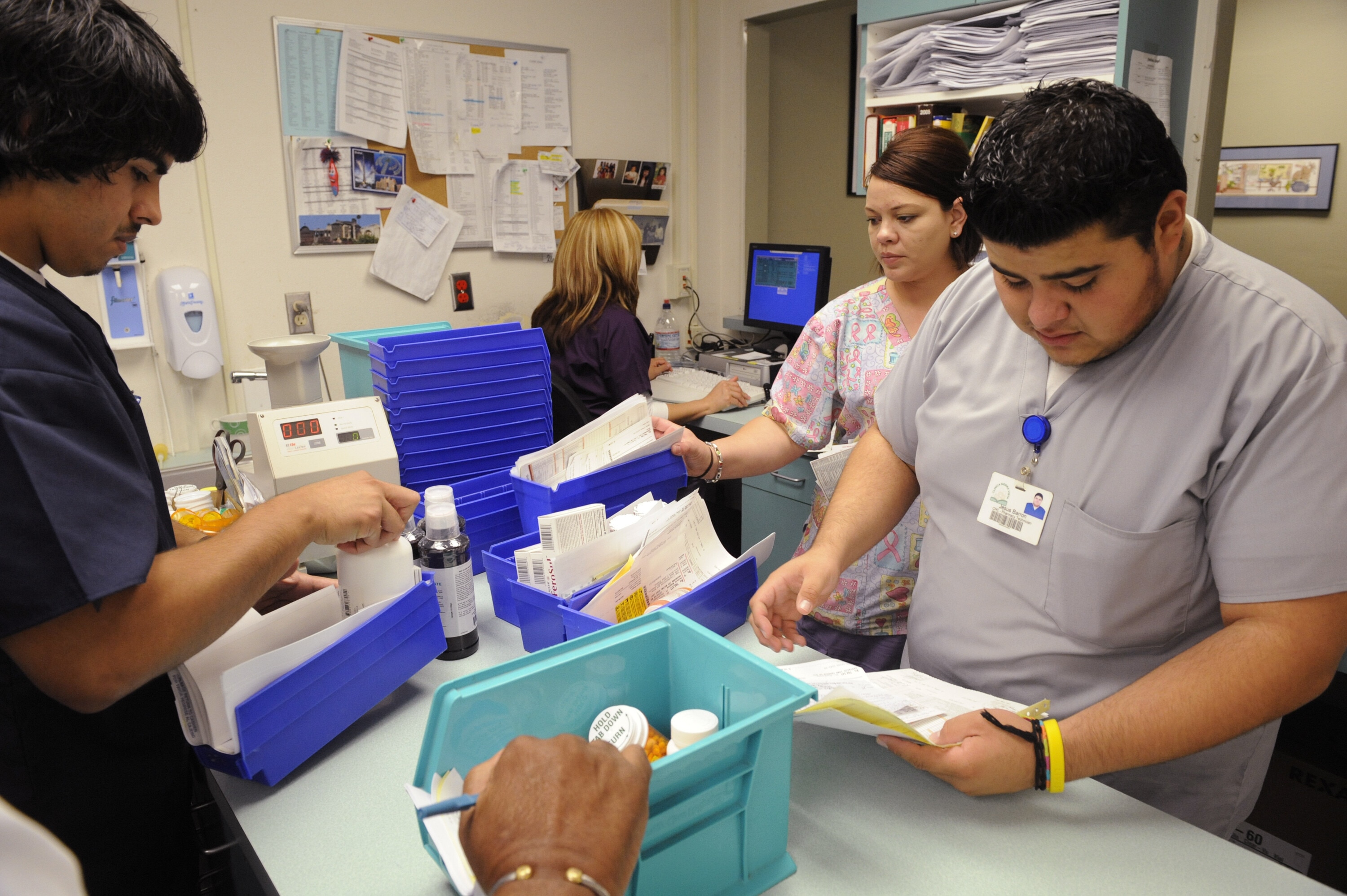Healthier for longer: Taking care of our ageing societies by addressing obesity

Addressing obesity can reduce chronic disease, ease pressure on health systems and help societies thrive as populations age. Image: Unsplash/Robert Tjalondo
- Life expectancy is increasing but chronic diseases are impacting health, pressuring already strained health systems, communities and economies.
- As a key driver of non-communicable diseases, addressing obesity is critical to improve cardiometabolic health and support healthy ageing.
- As business leaders, we must take decisive, innovative action and bring together policy-makers, health leaders and industry to halt the rise in overweight and obesity.
By 2050, nearly one fifth of the world’s population will be 65 years or older, due to increasing life expectancy and long-term declines in fertility. While we have made impressive strides in extending life expectancy, research suggests that recent generations in England, though living longer, are experiencing worse health than previous generations. This is largely due to chronic diseases such as obesity, cancer, diabetes, hypertension, lung disease and heart disease.
Although chronic diseases are associated with older age, they also severely affect working populations, leading to absenteeism and early retirement. For example, in India the average age of onset of a chronic disease is around 53 years.
The widespread impact of chronic diseases
Chronic diseases matter on a personal level, but they also directly impact our communities, health systems and economies.
Our health systems are under significant strain due to a global health worker crisis, prompting concern from the World Health Organization (WHO). Most recently, the Organization for Economic Cooperation and Development (OECD) reported that, based on minimum staffing thresholds for universal health coverage, EU countries had an estimated shortage of approximately 1.2 million doctors, nurses and midwives in 2022.
OECD models indicate that a concerted “healthy ageing” scenario could:
- slow healthcare spending as a share of GDP in the coming decades,
- help contain long-term care costs,
- and reduce the demand for health and long-term care workers.
Ageing well by addressing obesity
Ensuring our societies age well has never been more vital and obesity is at the core of the matter. For example, we know that addressing obesity has the potential to improve cardiometabolic health and thereby support healthy ageing. Yet, we have seen that over 160 million lost years of healthy life were due to overweight and obesity globally. This figure is expected to increase year on year, with obesity rates projected to climb from 1 billion in 2020 to nearly 1.9 billion in 2035.
The economic impact of overweight and obesity is high, predicted to surpass $4 trillion by 2035, nearly 3% of global GDP (up from 2.1% in 2019).
The time to act is now
Decisive, innovative action on obesity, as a key driver of non-communicable diseases, is urgent and essential.
In 2025, the United Nations General Assembly (UNGA) High-Level Meeting on non-communicable diseases (NCDs) will see 194 governments assess global progress on tackling NCDs and define the way forward between 2030 and 2050.
My hope for all of us is that obesity will be emphasized as a key driver of chronic disease and that a decisive and comprehensive societal and health system approach is urgently activated. Since 2018’s High-Level Meeting on NCDs, we have gained deeper insights into metabolic health and the science of obesity, so we can now act with even greater impact.
Now is the time to prioritize our investments before the worst impacts of the transition to super-aged societies are felt. We need to invest in:
1. A primary care focused health system response to provide care and support for people at risk of, or living with, obesity.
2. Primary prevention of obesity using a clear multi-sector approach.
3. Multi-stakeholder and multi-sector partnerships to make this a reality, working across sectors to find innovative solutions and to implement those we know have a positive impact.
Defeating serious chronic diseases
Prevention and early identification of obesity is an essential part of our mission to defeat serious chronic diseases. At Novo Nordisk, we support a holistic approach to obesity from prevention to early detection and management, as set out in the WHO Health Service Delivery Framework for the prevention and management of obesity.
Our community-based prevention partnerships drive important evidence-based action through global programmes like Cities for Better Health, the recently-launched Childhood Obesity Prevention Initiative (COPI) and our longstanding, expanded partnership with UNICEF.
Building on these efforts, we go further and aim to develop innovative, commercially scalable solutions that can predict and pre-empt obesity and its consequences through our Transformational Prevention Unit (TPU). By combining scientific insights with clinical and public health data, we aim to apply precision medicine approaches to predict who is at risk of developing obesity and deliver targeted interventions that can stop this from happening. We recognize that we cannot achieve this mission alone, and therefore a key principle of the work is to build novel, multi-sector partnerships that combine the required scientific, technological and implementation expertise to deliver impactful solutions.
Furthermore we are committed to working with governments and other key partners worldwide and invest in strategic public-private partnerships like the Lighthouse Life Sciences – Healthy Weight in Denmark and Canada, to develop health system initiatives and services to tackle obesity and chronic diseases.
A pivotal year
The year 2025 is pivotal for chronic diseases and obesity, with the development of a new UN political declaration on NCDs towards 2030 and 2050.
Obesity, like other chronic diseases, affects multiple policy areas — health, social care, education, work and the economy to name a few — so our response must be cross-government and society-wide. It needs to be built on the best available scientific evidence and global health expert guidance, which strongly urges us in addressing obesity holistically.
I invite everyone to join on this vital journey towards making “healthier for longer” a reality.
Don't miss any update on this topic
Create a free account and access your personalized content collection with our latest publications and analyses.
License and Republishing
World Economic Forum articles may be republished in accordance with the Creative Commons Attribution-NonCommercial-NoDerivatives 4.0 International Public License, and in accordance with our Terms of Use.
The views expressed in this article are those of the author alone and not the World Economic Forum.
Stay up to date:
Longevity Economy
Forum Stories newsletter
Bringing you weekly curated insights and analysis on the global issues that matter.
More on Health and Healthcare SystemsSee all
Cynderella Carlynda “Cyndy” Galimpin
February 9, 2026






